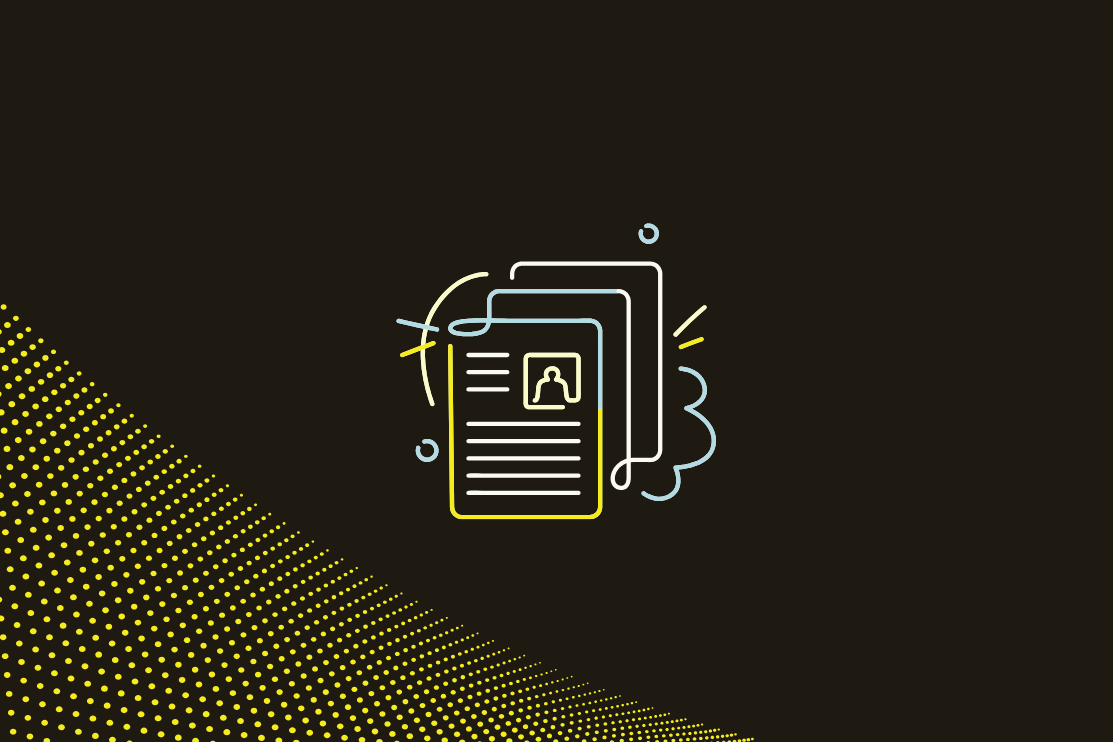New Year’s Resolutions: Setting and Revisiting Goals
New Year’s Resolutions: Setting and Revisiting Goals
New Year’s Resolutions: Setting and Revisiting Goals
New Year’s Resolutions: Setting and Revisiting Goals
New Year’s Resolutions: Setting and Revisiting Goals
New Year’s Resolutions: Setting and Revisiting Goals
Don't miss our breakout sessions!
Book time with our team on-site!
Our team is excited to meet you. Book a time that works best.


There is a unique energy that comes with the beginning of a new calendar year. This time of year often naturally sparks reflections on the past, feelings of hope about the future, and resolutions to make changes in areas with potential for improvement. Because of this, there is often a collective openness to new ideas and a welcoming of opportunities for collaboration, communication, and change.
Though falling mid-way through the school year, the new year offers an opportunity for counselors and educators to have a similar fresh start and revitalization of goals and efforts that have felt stagnant. At this point in the year, there is sufficient data to discern patterns while still allowing ample time for intervention and support. Counselors can use this transition to the new year to reflect on their own goals and progress, pause to consider which efforts have worked, and determine if there are ways they want to refocus their energy to best meet the needs of their students.
Here are some areas for thought as you reflect on the past months, celebrate success, and consider the most effective ways to use your time and talents going into 2025.
Expanding Student Engagement
Counselors know that when students are excited about what they are doing, they are more motivated to show up, participate in learning, and take ownership over their goals. Counselors play an important role in helping students to overcome barriers to finding this connection to school. Reviewing data from the first half of the school year, counselors might consider if there are any noteworthy patterns or trends–both positive and negative–in regards to attendance, engagement, or student success. It can be helpful to pay attention to any common themes from the data–particular classes, subject areas, grade levels, or cohorts of students–and brainstorm with colleagues and team leaders what efforts are working and what changes could be made to help students engage more deeply in learning. Thinking about ways to expand opportunities for career-centered or hands-on learning–especially for students who seem disconnected from school–can be a powerful way to spark student interest and enthusiasm for school.
Communicating with Students and Families
Counselors are oftentimes students’ strongest advocates and sources of expertise; one of the best ways to provide support is to communicate critical information and steps to students and families. Counselors might use the start of the new year to evaluate communication plans. Consider which forms of communication seem to be the most effective and why. The new year can be a great time to try new things; think about whether there are additional ways–including social media or videos that might expand the reach of messaging. While it is easy to become discouraged when communications go unanswered or information and resources are unread, there are many students and families who look to counselors for guidance and leadership, and their communication is what is helping them to feel prepared and empowered. Begin the year knowing that the work and efforts in communicating with families are appreciated and valued by many.
Connecting Students and Families to Critical Resources
Beyond communication, counselors are often a main point of contact within a school to connect students and families in need with the right resources and support. They have trusted relationships with families to handle sensitive topics and often have connections with outside agencies and organizations who can provide additional services as needed. Consider making intentional efforts to ensure that students and families know how to connect with counselors and all of the ways in which they can offer help. Because the needs of students and families change over time, it can be helpful for counselors to share at faculty meetings and in staff newsletters during this point in the year how to let the counseling staff know about students and families who might benefit from personal outreach.
Encouraging Students to Check Progress on Goals
Ensuring that students have plans for their future that they are excited about and are within their reach is a marker of success for schools and districts. The start of a new year can be a good time to think about how to further embed student goals into their decision-making–in course planning, volunteer experiences, work-based learning participation, and extracurricular involvement. Find ways to help students connect these different uses of their time and choices with postsecondary pathways. Consider ways to regularly have students check in on their goals so they are able to confirm that their goals are still reflective of what they are interested in, what they hope to do with their future, and align with their decision-making. Think creatively with colleagues about how to work with students who are concerned about their progress toward goals or do not feel like the path they initially chose is still right for them. Counselors might even use the natural point of the new year to encourage students to do a similar exercise of reflection and resolution.
Creating Balance
More personally, counselors can also use this transition into a new year to redefine their priorities and ensure that, as they support students, families, and colleagues, they have the support they need. Sometimes the best resolutions are those that are the simplest and foundational to other efforts. For counselors, resolving to take care of oneself so that others can receive the care they need can be the perfect way to usher in a new year. Counselors might commit to actually eating lunch and taking a few minutes of their break, as a break. They might resolve to drink a cup of coffee while warm or make a plan for something fun to do after school that requires them to actually leave on time.
Counselors are an integral part of a school community, and their efforts–all year long–in fostering engagement, supporting families, and ensuring students and families have what they need drive student success and wellbeing. As 2025 is welcomed with hopeful optimism and opportunities for new beginnings, may counselors know that who they are and all they do leads to real and tangible differences in the lives of students and families.
Related Posts
See All
.png)



